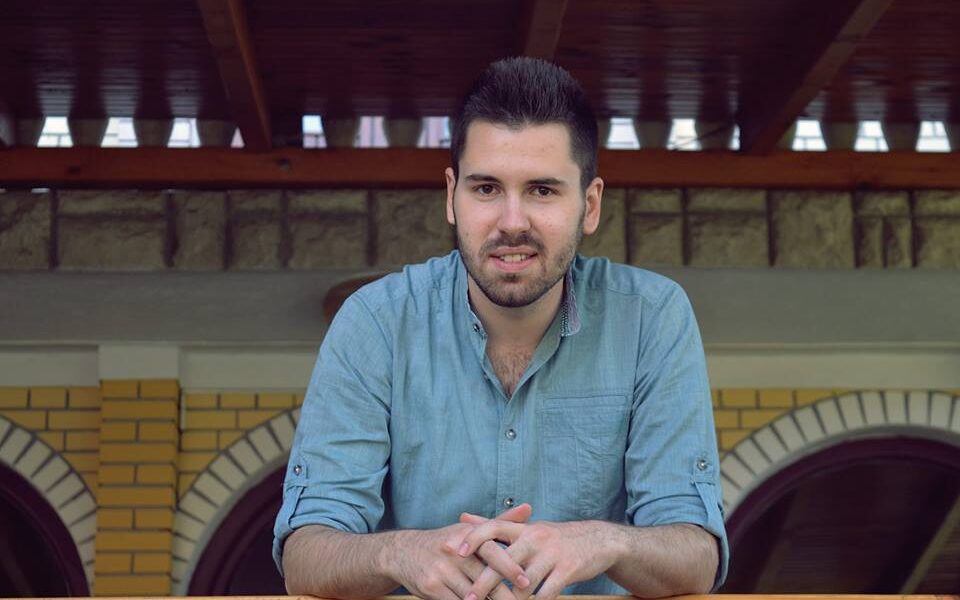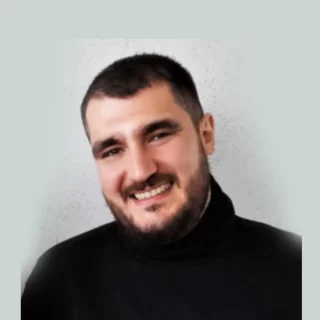The action takes place two weeks after COVID-19 arrives in Bosnia and Herzegovina.
"Are there any flours in the shops?"
"None. Missing in Bingo shop, not even in Konzum shop. "
"Did I say ten days ago that food supplies should be made?" (angry voice)
"But Mom … There’s really no need. They said that the delivery of basic foodstuffs would run smoothly. "
"They said the same before the war, and I was a fool to believe, so unprepared for summer of 1992!"
This kind of conversation probably took place in most BH households, with variation. Generations of my parents – most of them unknowingly – after the announcement of restrictive pandemic measures – immediately called for a sinister 1992. It is a year that we think belongs to the past but is constantly coming back to us. Everything in this country, even the Chinese unfortunate bat, ends up in a clash with "our" war. Everything is measured by whether it’s easier or harder to bear than war. On the other hand, most of these evocators of the past are often (and to my understanding) misunderstood by those who did not remember or relive those terrible years of armed conflict.
I don’t think one or the other should be judged. Everyone reacts for reasons that are understandable and logical to them. But it is impossible in this crisis period not to notice the generation gap, which very often brings discomfort and misunderstanding to families. These families are home to parents to whom war – without their consent – has become part of their identity, and children who have been significantly characterized by the same conflict, although they know it only from stories. In addition, we still live in a society (or societies) whose wounds have not healed, which has not systematically confronted the past, which it constantly invokes, and in power we have those who adapt the narratives of the conflict to their political agendas and party interests. In the circumstances, it would be strange that 1992 does not count in our heads as the beginning of a new era.
Due to the non-structural and, at least seemingly, aimless relationship with the past, we do not allow our own present to conquer our priority scale. In support of this claim is the fact that we were greeted with pandemics full of holes, through which problems flow, and with them ourselves. We only remembered respirators and medical supplies when it was time to connect the first patients to the same. Only now have we become aware of how many doctors and medical staff have left Bosnia and Herzegovina in the last ten years. How many of our compatriots have left homeland in search for jobs on all four sides of the world, and now when those unfortunate people are returning home from the virus-affected areas, we consider them a problem. Only now, when we spend our days with our own children, we have the most vivid picture of how impaired the work of educators is. Unfortunately, we now see how rotten our institutions are, in the days when our elders depend on volunteer work.
For all the above, my dear, is not to blame 1992. Most of the problems may be rooted in that crisis year, but we also bear the brunt of our responsibility. It is this responsibility from which we skillfully escape, refusing to accept our perseverance in the twenty-first century. Because we choose to live in the past, unaware that we are sinking deeper and deeper.
I am not one of those who regard the past as irrelevant and who view contact with it as meaningless work. Moreover, I am convinced that it is very important to think about the past, to draw life lessons from it, and not allow anyone to play with our traumas, pain and sorrows. Nevertheless, the present must have primacy over the past. Calling on the days of starvation and trauma, we will not provide the nurse with the necessary equipment, and we will not afford a respirator to the coronary sufferer, so yes, and if we need to die, we will die like humans. Decent. That is why, to end this mourning, I argue that the root of every problem lies in the political system. It is only a matter of time before we will admit to ourselves that we ourselves are part of the same system. With this recognition, we will be one step closer to taming the past and sovereignly shaping the present and future.
Edo Kanlić born in Goražde in 1994. Master of Human Rights and Democracy. Activist and anti-fascist.




